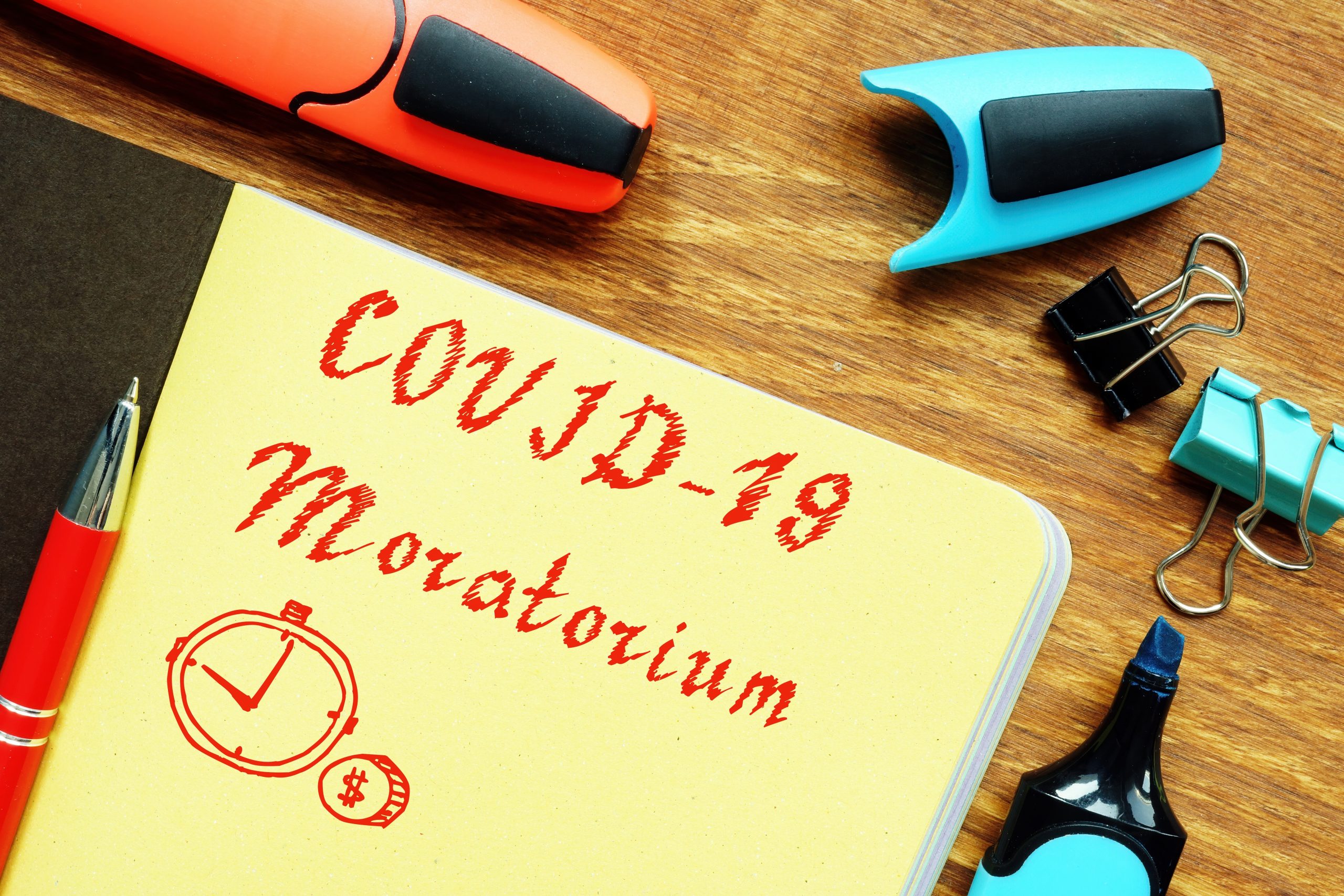
Florida Tenants have been given relief for the last year and a half due to the Covid-19. The Moratorium on Evictions continued for over a year and a half. However, on July 30, 2021, Congress was unable to reach a deal extending it. Therefore, on August 2, 2021, Landlords can proceed with Non-Payment of rent Evictions. Some are currently in the process but others have waited. If you have questions about the steps Florida Landlords need to take once Eviction Moratorium expires, contact the Law Office of Brian P. Kowal, PA at (954) 990-7552.
Steps Florida Landlords need to take once Eviction Moratorium Expires
Thousands of Florida Landlords have already filed Evictions but have been unable to obtain a Judgment or a Writ of Possession. As a result, cases have remained frozen. Since they can now proceed, they need to determine the next course of action. This pertains to Landlords that filed the Eviction themselves. As a result of the extension being lifted, their case could be delayed due to the influx of new cases. Therefore, they need to speak with an Broward County Eviction Lawyer. The Law Office of Brian P. Kowal, PA will determine:
1. Stage of the Eviction Process
A. Service of Complaint
Once a Tenant is served, they have five days to respond.
B. Response
They will file a Motion to Determine Rent, Motion to Dismiss or an Answer.
C. Hearing
After the Court receives the Motion or Answer, they will determine whether it should be set for Hearing. If it is a Final Hearing, the Court will decide if the Eviction is granted. Currently many Courts have decided to wait until the matter can be heard as a result of the Moratorium. This has caused great hardship to the Landlords that are unable to take possession of their property.
D. Writ of Possession
Since the Moratorium had been instituted, thousands of Final Judgments that have been entered. Thereafter, a Writ of Possession is issued to the Sherriff. As a result of the Moratorium, many Tenants were given a stay of the Writ. Once it is lifted, Florida Landlords will be able to secure their property.
2. Documents that Need to be filed
Once we determine the stage that the process is in, we then decide the documents that need to be filed. For example, if we discover that the Tenant has failed to deposit rent and a Final Judgment has not been entered, we will file a Motion to Strike. It is likely that a substantial amount of rent is owed that has not been paid because of the Moratorium. On the other hand, if the Writ has been stayed, we will file a Motion for Writ of Possession. This will allow Florida Landlords to secure their property.
3. Scheduling of Hearing
After we file the appropriate Motion, we determine if it needs to be set for Hearing. In other words, some Courts demand to hear arguments from the Landlord and the Tenant. However, some do not require hearings and the Court will enter their order. Motions that require hearings are a Motion to Determine Rent, Motion to Strike, Motions for Writ of Possessions and Trials. As a result of the Moratorium being lifted, it is likely that there will be an increasing number of Hearings on these motions.
The Law Office of Brian P. Kowal, PA understand the stress that Florida Landlords have been dealing with. The economic impact that they have endured has been devastating. However, there is good news. They will now be able to proceed with Evictions for non-payment of rent. As a result they can take possession of their property. Therefore, if you have questions about the steps Florida Landlords need to take once Eviction Moratorium expires, contact us at (954) 990-7552
